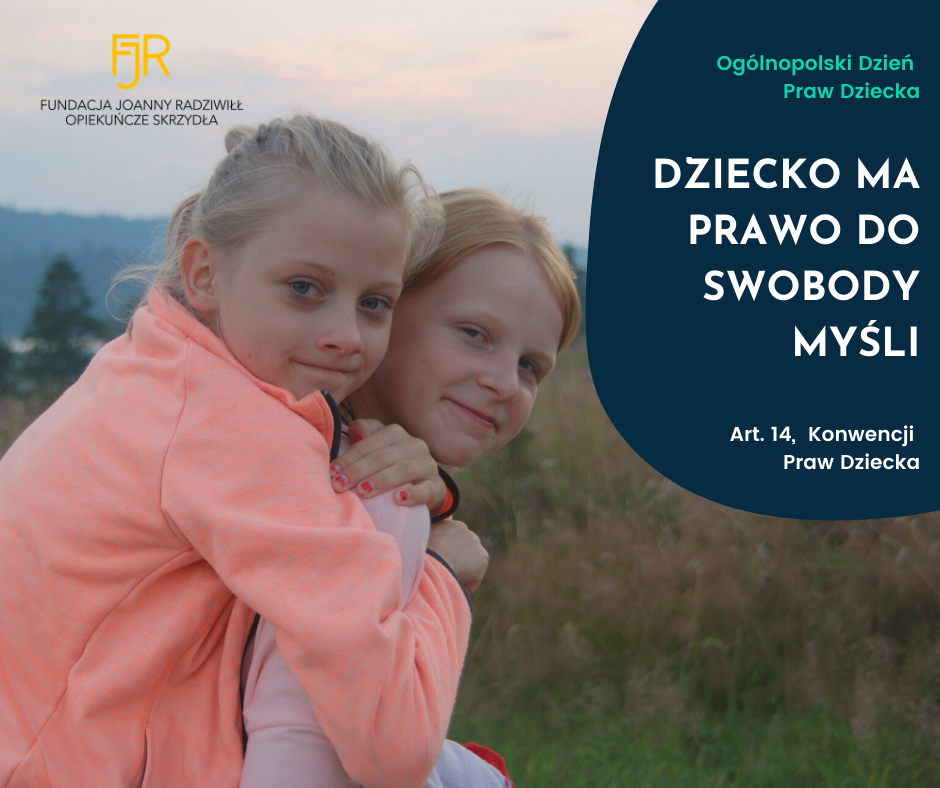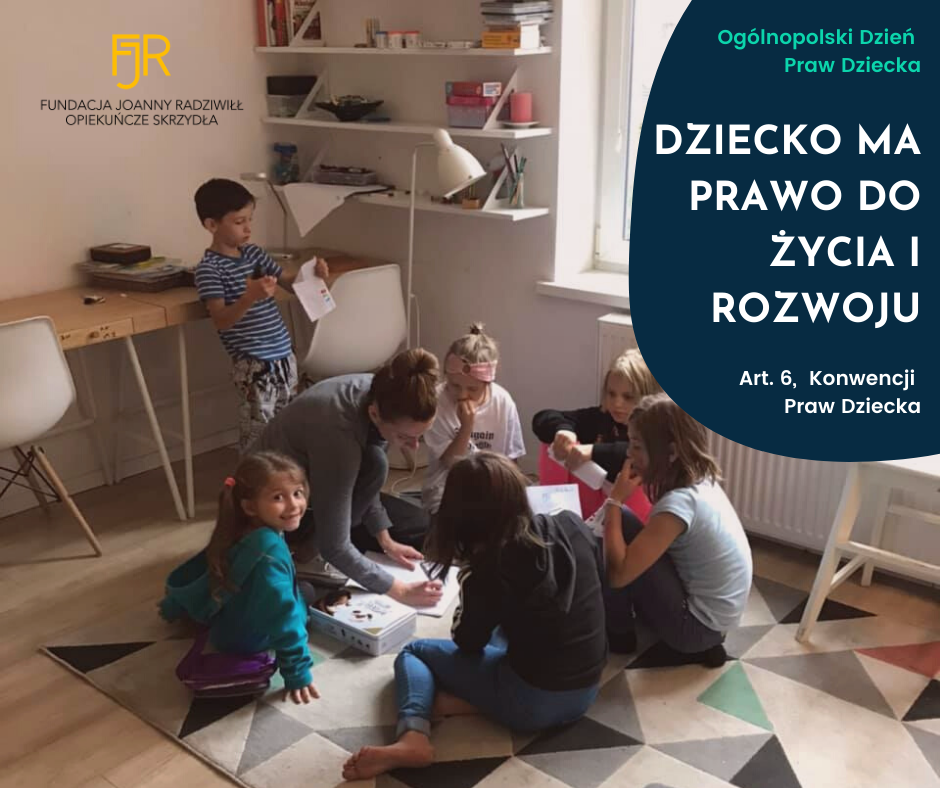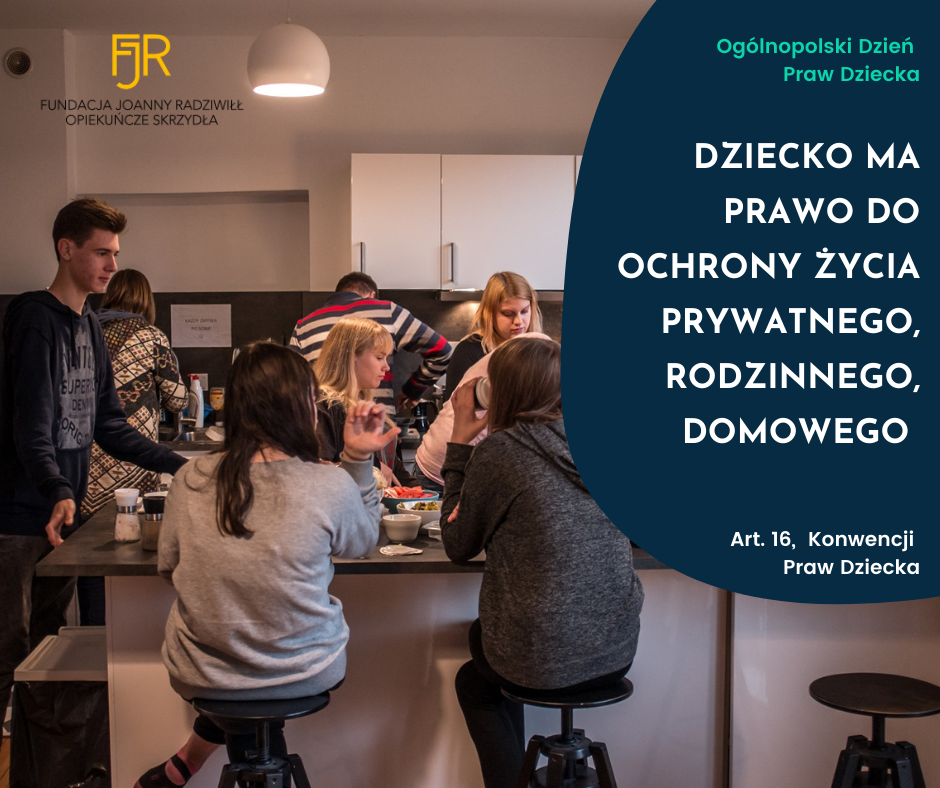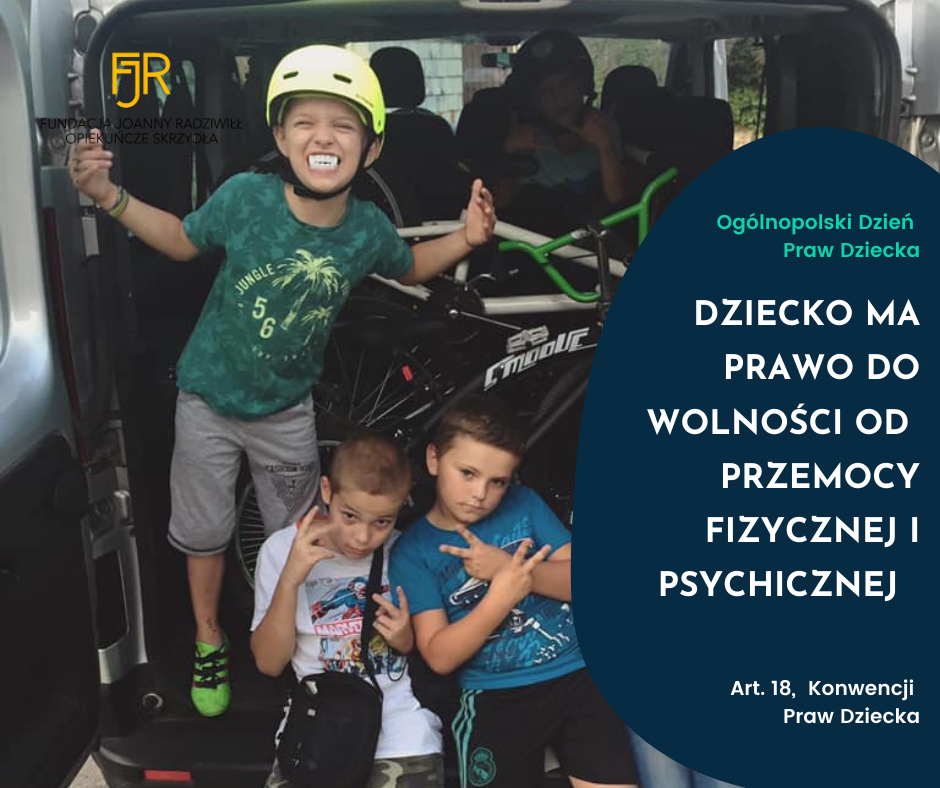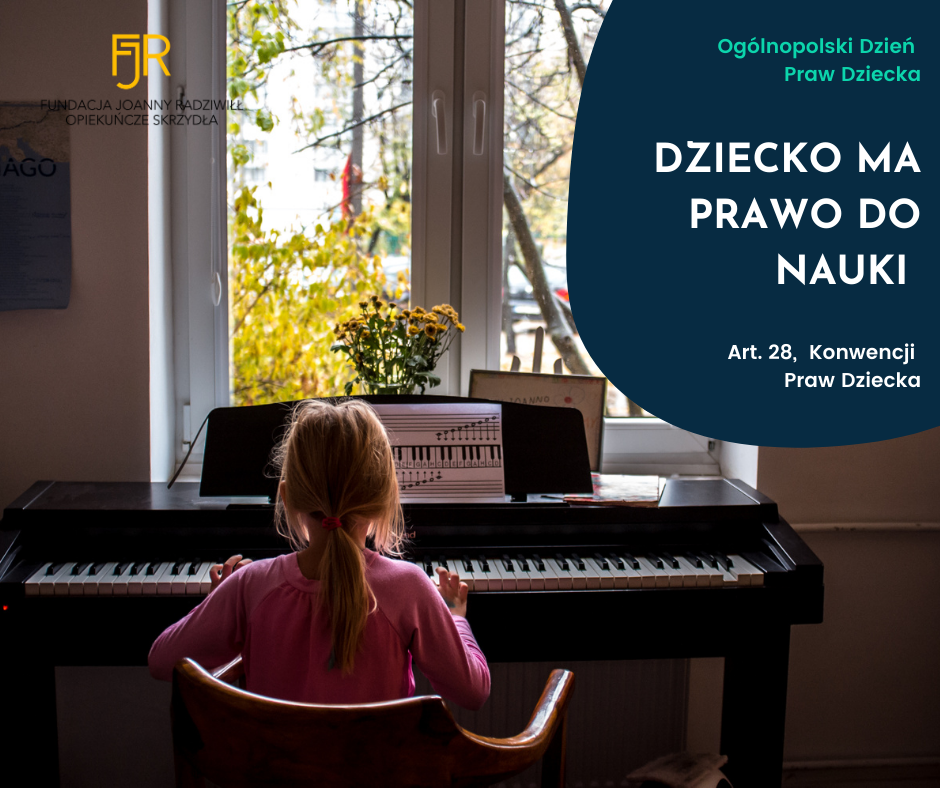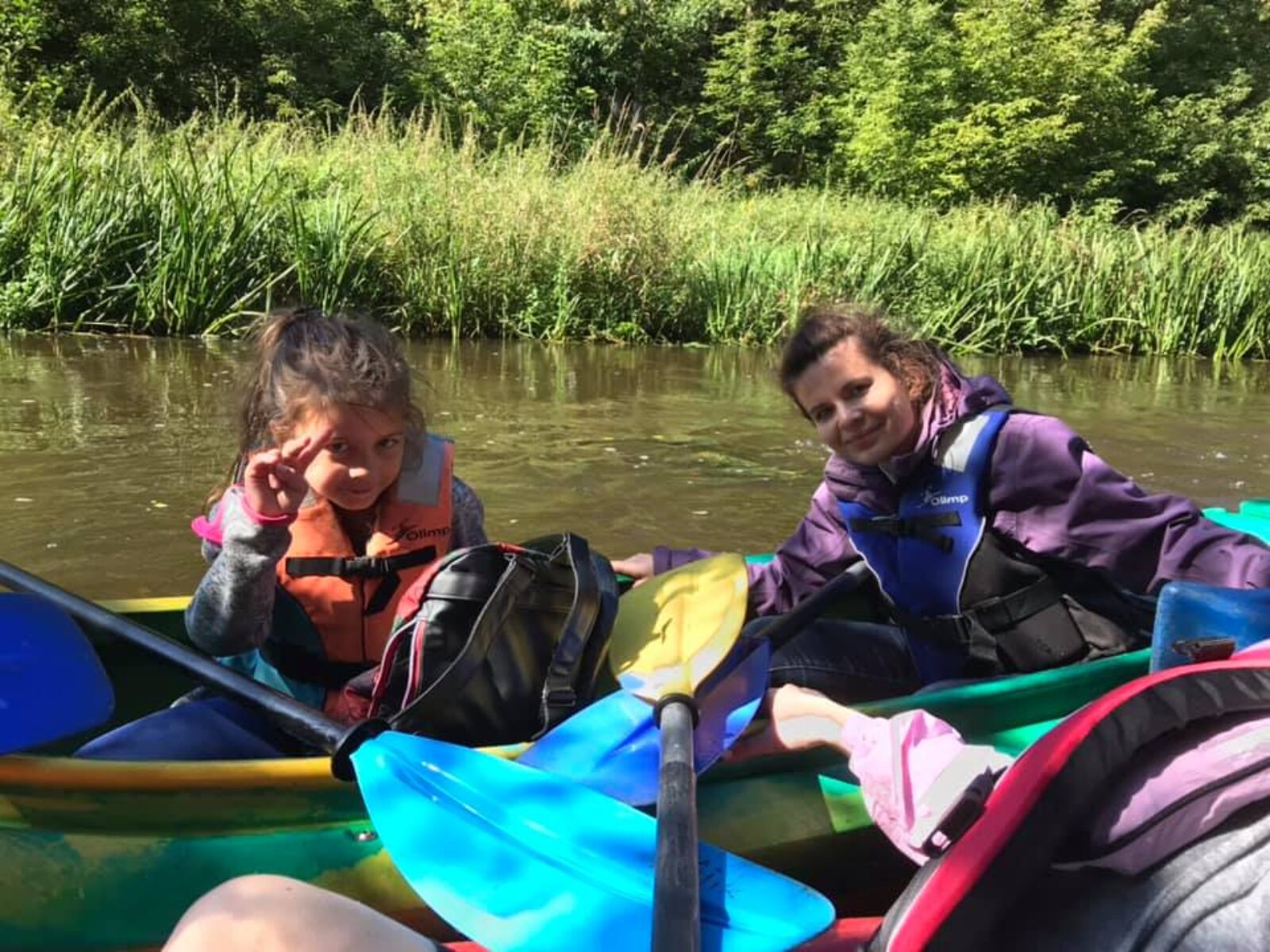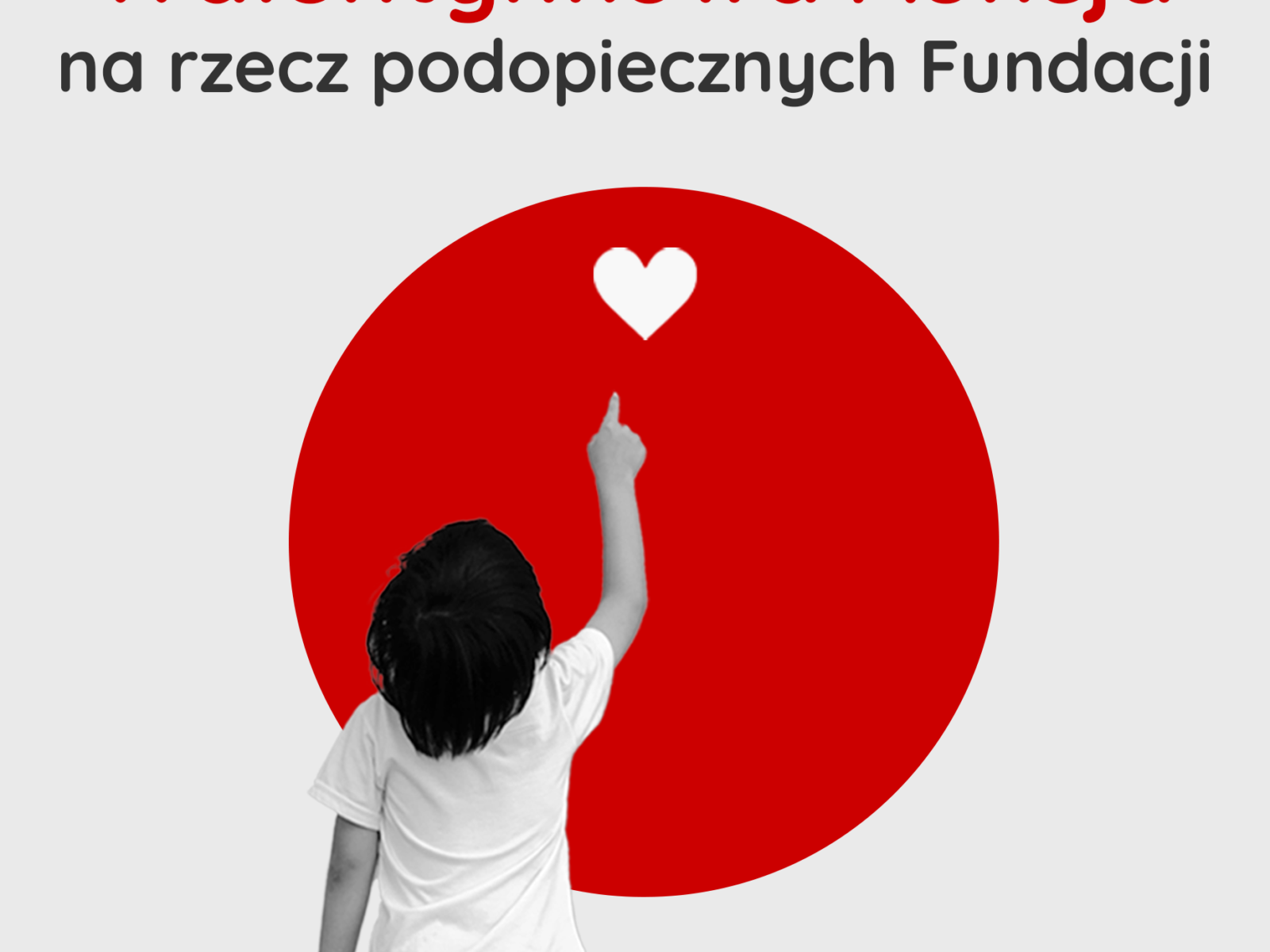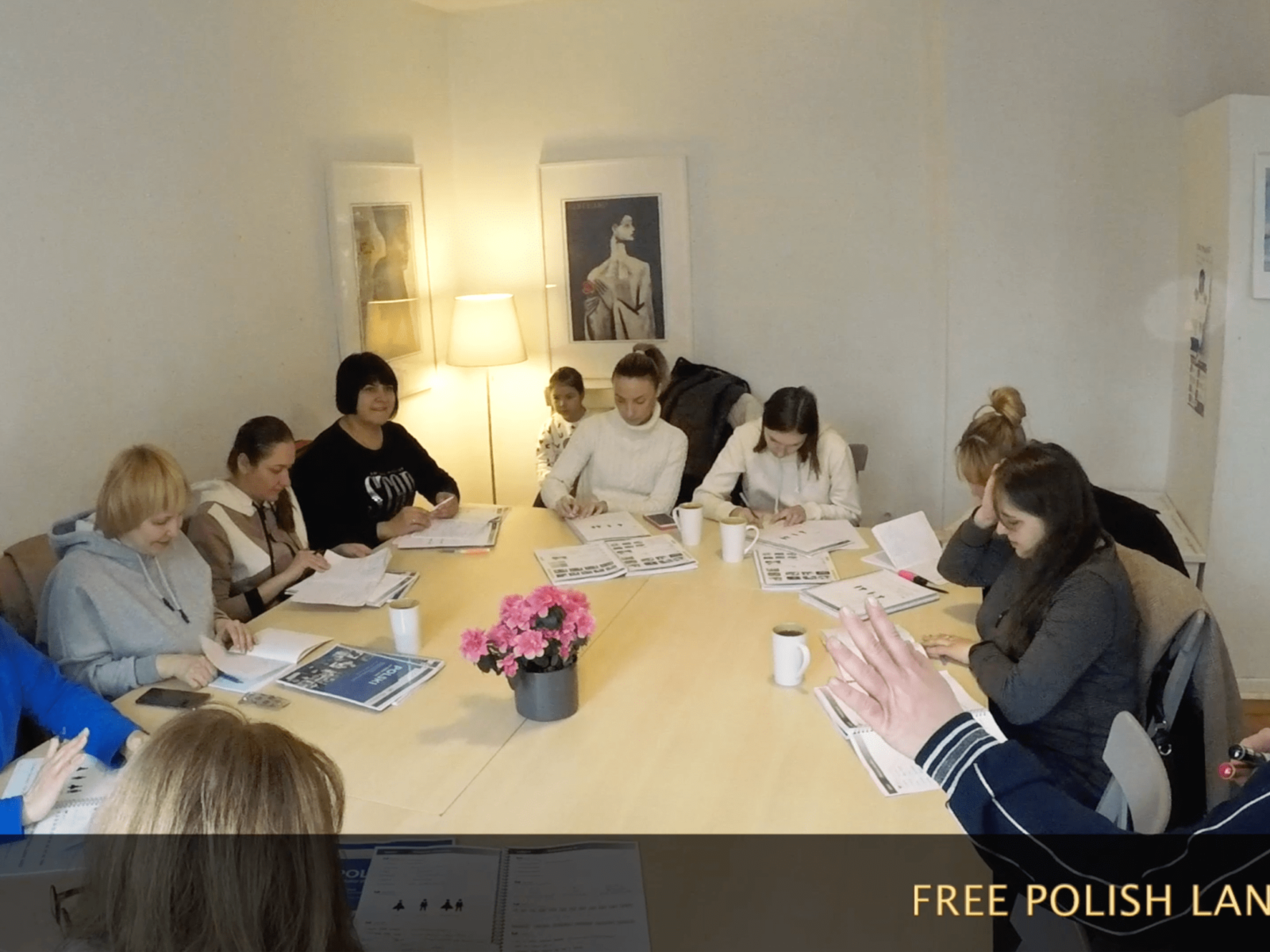November 20 marks the anniversary of the signing of the Declaration of the Rights of the Child. This is a day when we want to remind people that every citizen, including the youngest ones, has their rights enacted in the Convention on the Rights of the Child.
We want to inform children and young people about what rights they have and who they can turn to when they are violated. We want to give them a voice to discuss their needs together and how the state cares for them.
Every adult should uphold the rights of the child.
It is our duty to take care of children’s rights, to educate about them and uphold them. It is our duty to respond when children’s rights are violated. Every child has rights.
We share some of the child rights that are more important to us. Every day we take care of them and talk about them. These are rights that are present and respected every day in our Foundation House. Here the child is safe. Here every child is the MOST important.
- The right to life and development, to identity, to citizenship,
- The right to freedom of thought, conscience and religion, expression, including in administrative and judicial proceedings,
- The right to protection of private, family, domestic life, secrecy of correspondence
- The right to be brought up in the family and to have contact with the parents if separated from them, the right to know the parents, if possible,
- The right to freedom from degrading treatment, physical or mental violence, exploitation, sexual abuse,
- The right to free association, peaceful assembly,
- The right to age- and developmentally-appropriate treatment in criminal proceedings,
- Social rights, including the right to an adequate standard of living, care in institutions and establishments, social protection, health care, social and health rehabilitation,
- The right to protection from economic exploitation , taking jobs at too early an age,
- The right to rest and leisure,
- The right to access information and materials from various sources,
- The right to education, including the right to free and compulsory primary schooling.
